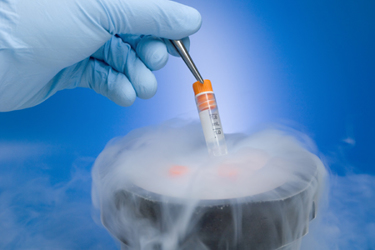Evaluating And Improving Apheresis Material Cryopreservation Processes

Autologous cell therapies have demonstrated ground-breaking clinical outcomes recently, such as the success of chimeric antigen receptor T cell therapeutics in treating patients with hematologic cancers. As more products advance toward FDA approval and commercialization, addressing the major manufacturing challenges is drawing the focus of the industry.
This study examines a Philadelphia-based biotechnology company with an analog of the CAR technology aiming to evaluate process improvement around cryopreservation of apheresis material. While cryopreservation of apheresis is a well-established practice offering many advantages, cell clumping can be observed upon thawing, an occurrence which can potentially cause transduction issues and may hinder cell growth and subsequent immunophenotyping.
Cryopreservation and the composition of freezing media on T cell proliferation remains understudied and requires further attention as the area of autologous cell therapy matures and related products enter the market. Learn more about the process evaluation and possible improvements for cryomediums as well as sample shipment, storage temperature, and handling of the studied markers and functional properties of T cells.
Get unlimited access to:
Enter your credentials below to log in. Not yet a member of Bioprocess Online? Subscribe today.
